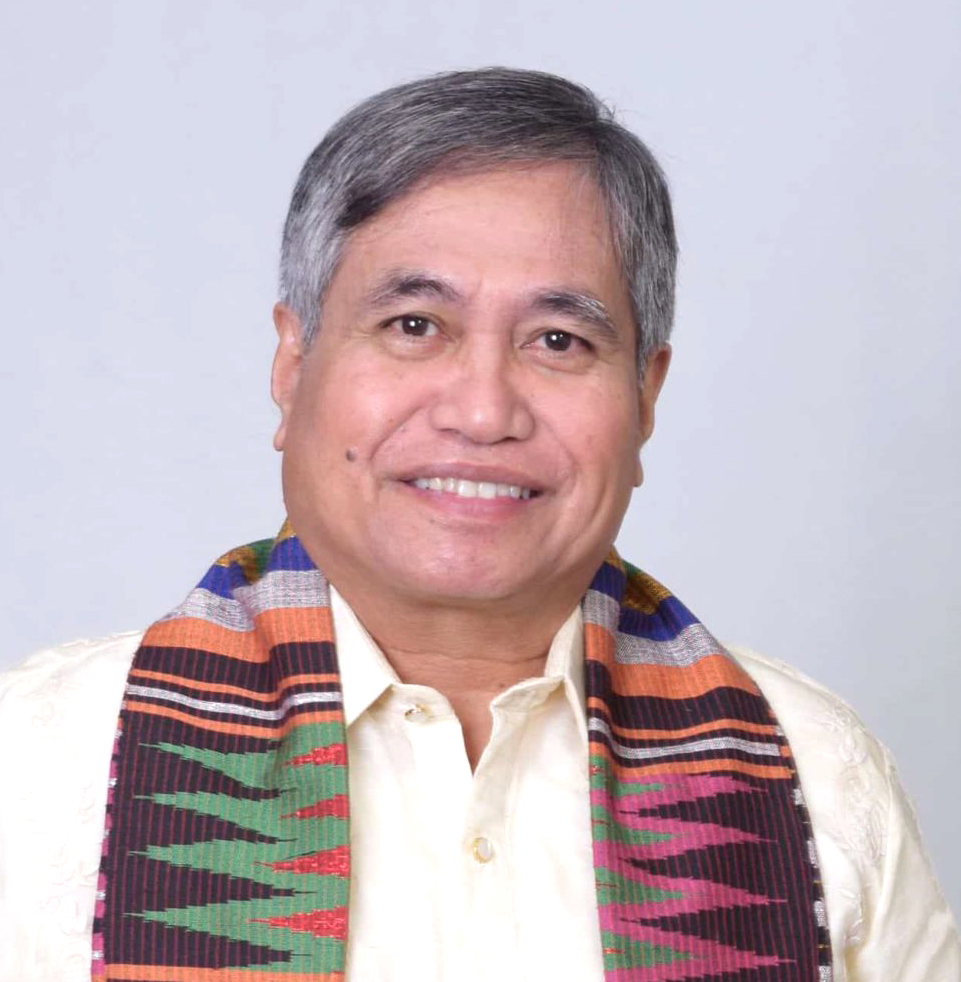FROM THE MARGINS

Digitalization accelerates financial inclusion for both microentrepreneurs and microfinance institutions (MFIs). Digital tools enable micro-small-and-medium-enterprises (MSMEs) to broaden their market base and operate more efficiently. MFIs embark on digitalization to improve their operations, expand outreach, and use business intelligence tools. I attended the 2nd Digital Financial Inclusion Awards (DFIA) at Bangko Sentral ng Pilipinas (BSP) last month, and happily noted that many MSMEs and MFIs in the country are embracing digitalization.
The DFIA honors microentrepreneurs and MFIs that successfully adopted digitalization to boost efficiencies and scale-up customer services. Funded by Citi Foundation in partnership with the Microfinance Council of the Philippines, Inc. and supported by the BSP, it is an evolution of the Citi Microentrepreneurship Awards that highlight the importance of microentrepreneurship and microfinance in the financial inclusion and economic empowerment of low-income individuals.
The DFIA microentrepreneur and MFI awardees have adopted digital transformation initiatives that are changing our financial landscape. As remarked by BSP Governor Eli Remolona, Jr.: “They are good role models that inspire and inform.”
Model microentrepreneurs
Many of the awardees are in the food business. Marites Zulueta of Marinduque, Rhodora Angeles from Laguna, Rhea Fhene Barte from Iloilo, Ryme Janelle Besonaya, Normanita Banagudos, Fely Suarez and Salome Barile from Negros Occidental, Joy Maniaol from Aurora, and Joseph Arriesgado from Nueva Vizcaya expanded their market base and boosted sales by embracing Facebook and Tiktok.
Connie Rivera of Aklan was cited for her Kylish Computer and Copy Center, which serves clients via Facebook and Messenger. She uses digital art tools like Photoshop for layouts and procures supplies through digital market platforms Shopee and Lazada.
One of the awardees, Estrelita Tuan, is a member of the T’boli tribe from Lake Sebu, South Cotabato. Her Jie T’boli Design Facebook page offers fashion items and accessories crafted from T’nalak, a prized woven cloth made from abaca fibers.
Social media has boosted the sales of all the awardees. Nurfaida Sabtal Jupakkal promotes Zamboanga Furniture on Facebook, Tiktok and Instagram. Cecilia Jarilla from Sorsogon operates the Baang Handicrafts Facebook page, while Arlene Passion from Bulacan promotes Crafts n’ Creation on Facebook and Tiktok. Floricel Sanorjo from Cavite uses Facebook Marketplace to promote her Rubber Chair and Rubber Strap supply business. Catherine Rugnao from Ilocos Sur engages in salt production and sells via Salt of the Earth Facebook page. Arlene Panit from Pangasinan operates the Supremo Vermicast Organic Fertilizer and Tiffany Quail Eggs Facebook pages, like Annabelle Banquero of Negros Occidental who owns Banquero Hardware and Construction Supply. Shirley Aguinaldo of Taguig provides e-loading and digital financial services while operating the Shirley Online Shop on Lazada. Marissa Palcat offers digital payments and internet services in Davao del Norte, serving even indigenous communities via solar-powered WiFi stations.
All the awardees offer multiple digital payment options like GCash, Maya, bank transfers and Konek2CARD, ensuring easy and safe transactions for their clients. Going digital in marketing, client servicing, sourcing supplies, and payments have greatly transformed their businesses. Digitalization has boosted their sales and operational efficiency, allowing them to support their families and help their suppliers, also small entrepreneurs like them.
All the microentrepreneur-awardees are microfinance clients. They received cash and laptops to help them further grow their businesses.
Pioneering MFIs
Five MFIs were also recognized as Digital Champions. These are: Kabalikat para sa Maunlad na Buhay, Inc. (KMBI), Kabuhayan sa Ganap na Kasarinlan Credit and Savings Cooperative (K-Coop), RAFI Microfinance, Inc. (RAFI), Rural Bank of Guinobatan, Inc. (RB Guinobatan) and Center for Agriculture and Rural Development Mutually Reinforcing Institutions (CARD MRI).
KMBI was recognized for its Dunamis core banking system (CBS) and the BUX loan collection system, which enable clients to pay loans via generated links. This improved their collection efficiency by up to 98 percent. K-Coop was cited for its K-Coins CBS that integrates with other platforms, expediting loan disbursement and saving on subscription costs. Its MyKoins mobile app enables remote loan application while its K-Voting System streamlines Board election.
RAFI was cited for its KaagAPPay mobile app and Tindahan ni Nanay digital market platform. RB Guinobatan’s CBS had been adopted by 30 rural banks, MFIs, cooperatives, and thrift banks. Its Asenso mobile banking app offers inter-bank transfers, e-loading, bills payment and remittances. Its point-of-sale machines allow 4Ps beneficiaries, teachers, and policemen from far-flung areas to withdraw funds through merchant clients.
CARD MRI was recognized for its CBS, which integrates branch operations and facilitates online banking transactions; the Konek2CARD mobile application that serves four financial institutions with over three million users; the Konek2Loan which enables clients to remotely apply for loans; and the Panatag Ka mobile app which facilitates the processing of microinsurance claims.
The DFIA awardees have embraced the transformative power of digital technologies to better serve their clients. Their stories should be told to inspire others. Because Governor Remolona is correct when he said: “Microenterprises and microfinance improve the lives of so many Filipinos, more so when they are digitalized.”
(Dr. Jaime Aristotle B. Alip is a poverty eradication advocate. He is the founder of the Center for Agriculture and Rural Development Mutually-Reinforcing Institutions (CARD MRI).)